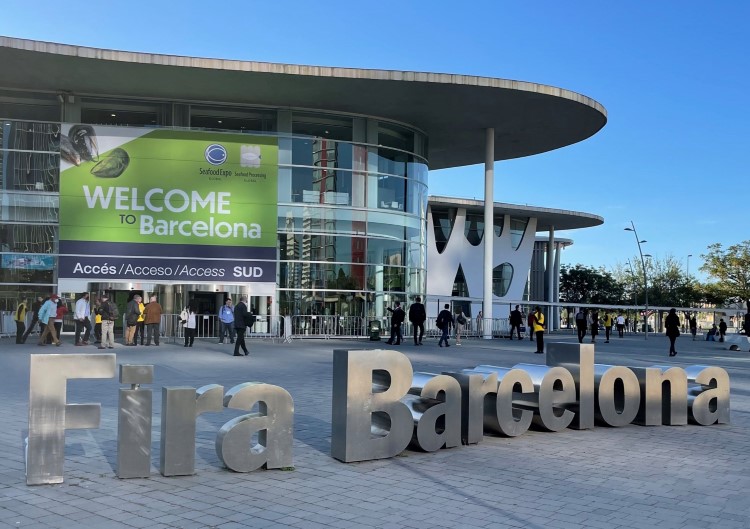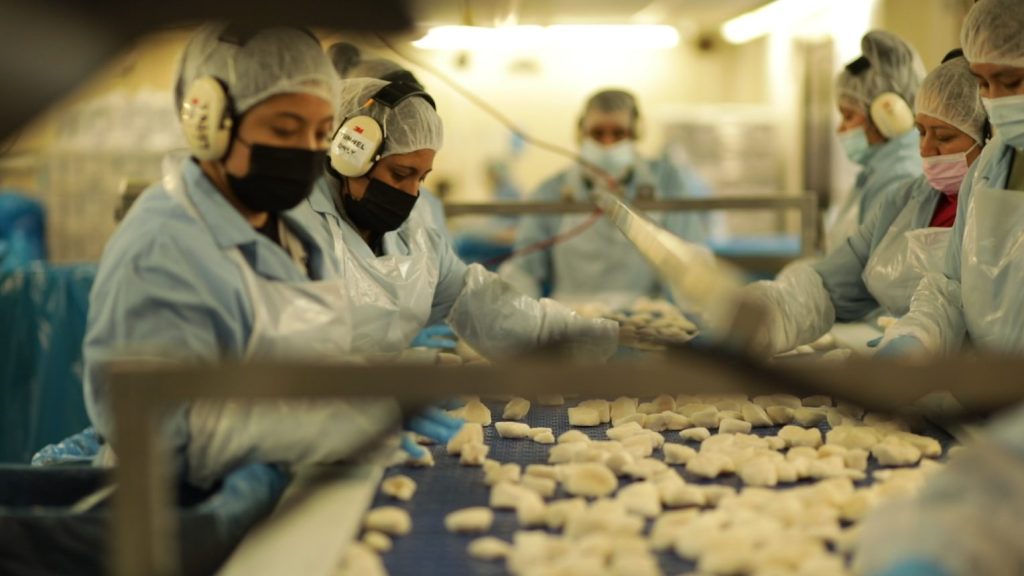GAA Signs MoU With ASC, GLOBALG.A.P.
April, 2013
The Global Aquaculture Alliance (GAA) on April 22 signed a memorandum of understanding (MoU) with the Aquaculture Stewardship Council (ASC) and GLOBALG.A.P. whereby the standards-setting organizations will work collaboratively to increase efficiency and reduce duplication in the auditing process.
GAA, ASC and GLOBALG.A.P. agreed to explore ways to reduce duplication of effort for farms, processing plants, hatcheries and feed mills that undertake certification by more than one of the three organizations’ certification programs.
All three certification programs share common elements that address the key environmental and social impacts of aquaculture, yet currently audits for each set of standards is conducted separately.
Editor’s note: Talking points have been created to help answer questions regarding this MoU. To download a PDF of the talking points, click here.
The three organizations recognize that by working together they can more effectively promote environmentally and socially responsible seafood farming and processing. The goal of this MoU is to make certification more accessible and create greater value to a greater number of farmers and processors.
This MoU emphasizes that the individual certification programs will continue to operate separately, and the integrity and transparency of the programs will not be compromised by any cooperative actions.
Now that the MoU has been signed, GAA, ASC and GLOBALG.A.P. will meet regularly and explore ways to streamline the auditing process. In addition to reducing duplication of effort in the auditing process, the three organizations will seek to develop common requirements related to feed; to explore common approaches to the management of certificate information potentially through shared IT platforms; to develop common approaches to auditor training; to develop shared approaches to chain-of-custody certification; and to encourage accurate and objective messaging regarding the claims made for certified aquaculture products.
“The New England Aquarium, which helps seafood buying companies navigate the certification landscape, supports the spirit and intent of this MoU,” said Heather Tausig, associate VP of conservation for the New England Aquarium. “By facilitating greater transparency, alignment, efficiency and collective action among multiple standards, this collaboration helps bolster the credibility and integrity of certification as an important tool for sustainability.”
“This MoU has taken time and discussion to materialize. That’s because the parties involved recognize the importance and significance of this step in the evolution of seafood standards and aquaculture development,” said Melanie Siggs, who convened the first standard holders’ meeting while working for SeaWeb in 2010. “I’m thrilled to see this step forward that will support all stakeholders from producers to buyers.”
About GAA
The Global Aquaculture Alliance is an international, non-profit trade association dedicated to advancing environmentally and socially responsible aquaculture. Through the development of its Best Aquaculture Practices certification standards, GAA has become the leading standards-setting organization for aquaculture seafood. For more information, visit https://www.aquaculturealliance.org/.




